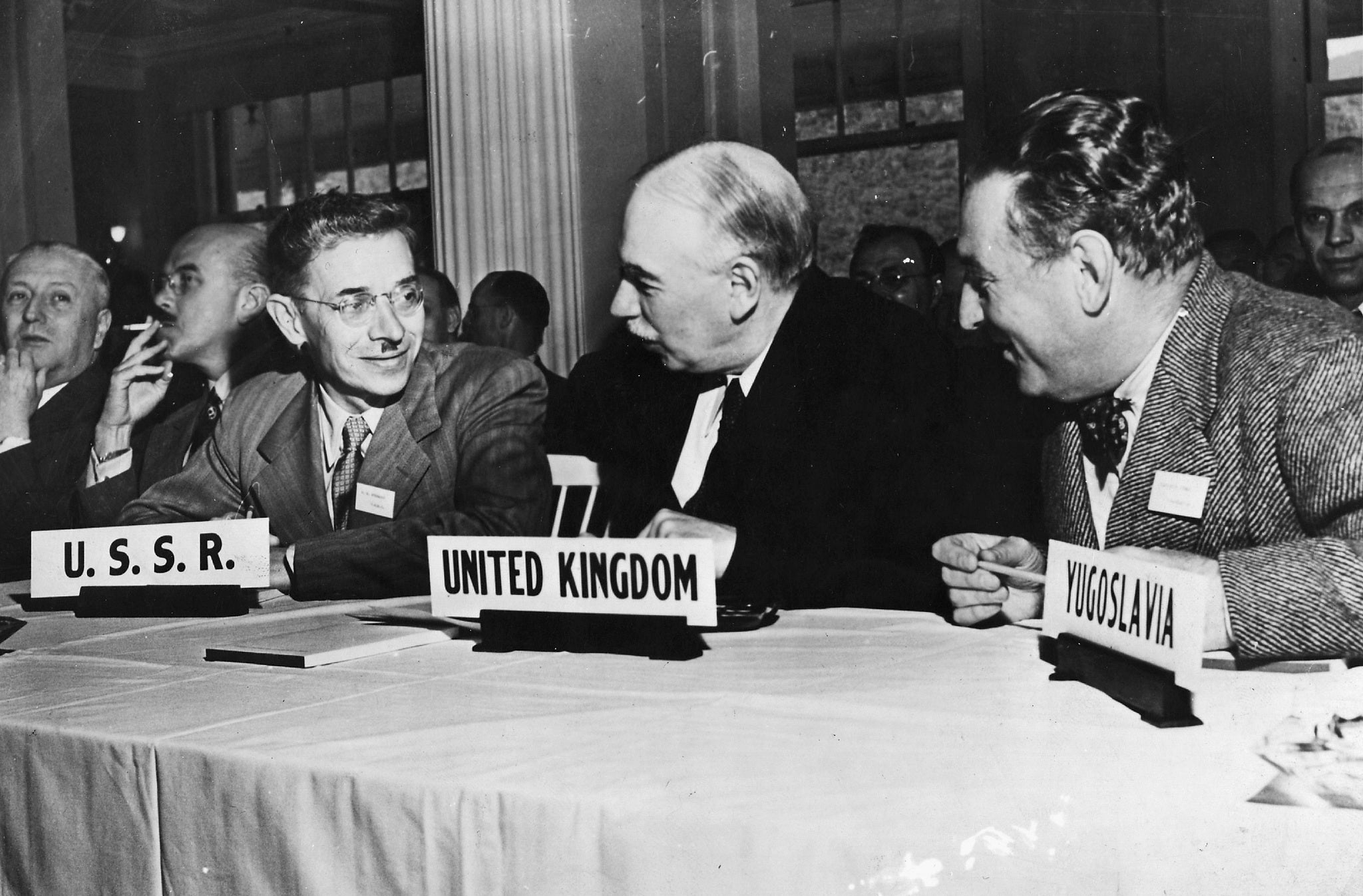Is it time to go back to Bretton Woods?
On the 80th anniversary of the epoch-making post-war conference that created the international monetary system as we know it, Kate Phylaktis says the rules, institutions and conventions that govern global finance need to evolve and respond to the rising economic might of the expanded Brics countries


This summer, Bretton Woods – New Hampshire’s “top ski resort” – is luring visitors out of season with the promise of “high-flying fun”. Some may see its canopy tour – during which the adventurous can experience a 300-yard plunge through the tree tops on a 30mph zip wire – as an apt metaphor for the political and economic turbulence of the 16 years since the financial crisis.
The resort’s marketing team is not going big on marking today’s 80th anniversary of the conference that spawned a series of new rules for the post-war international monetary system.
In July 1944, some 44 members of the nascent United Nations, guided by Churchill and Roosevelt’s Atlantic Charter, met for three weeks to hammer out a new international financial system built on free trade, free markets and short-term support for economies hitting hard times.
It led to the creation of the International Monetary Fund (IMF) and the International Bank for Reconstruction and Development, which later became the World Bank.
The United Nations Monetary and Financial Conference was the culmination of two years’ work in Washington and London, the latter led by economist John Maynard Keynes – who had been an appalled minor functionary at the Versailles peace conference in 1919. He was determined that the folly of imposing draconian economic hardship on defeated nations would not be repeated. He and Roosevelt’s team were also influenced by the lessons of the protectionist trade policies and tight public spending that most governments implemented in the early years of the Great Depression.
The IMF was intended to assist countries with short-term external imbalances by granting short-term loans, while the World Bank would provide long-term loans to countries so they could implement structural projects and reforms to foster economic growth.
These institutions, together with the United Nations itself and its various offshoots, were the foundations on which the booming United States, the declining UK and, eventually Europe and a reborn Japan, prospered under the new world order that went largely unchallenged for the rest of the century.
However, today’s world has changed in many ways – and any reshaping of the Bretton Woods system must reflect those changes.
The role of emerging markets in the global economy has increased. Emerging markets’ share of global GDP rose from about 18 per cent in 1988, to around 40 per cent last year.
Obviously, China’s rise is particularly significant, with its share of global GDP soaring from 2 per cent in 1987 to 17 per cent. In 1987, India was outside the top 10 economies, but now contributes almost 4 per cent of GDP. This importance of the emerging markets in the world economy has implications for world trade, and demand for, and price of, commodities.
We have also seen an apparent trend towards deglobalisation, starting with the trade tensions between China and the US. Trade flows, however, have become more knowledge-intensive in terms of labour and capital.
The expanding digital infrastructure will facilitate trade without any physical movement of goods. The process of globalisation is therefore unlikely to be halted, it will just change form.
Meanwhile, geopolitics have been reshaping global economic ties. Countries have been reevaluating their trading partners based on economic and national security concerns, while geopolitical risks have spiked. Trade of goods and capital flows have become more regional. The Covid pandemic has reinforced these trends.
The Bretton Woods institutions must become more inclusive, embrace the role of emerging countries in the global economy and depoliticise their decisions. They were born into a world where the US was the only superpower, a booming nation endowed with the economic strength to enforce order. It was joined by Canada, Western Europe and, later, Japan to form the Western Alliance, which remained unchallenged until China’s recent rise to economic and military superpower status.
The alternative will be for the emerging markets to form their own alliance, which they have started to do with the expansion this year of the Brics group (Brazil, Russia, India China and South Africa) to include six new countries: Argentina, Egypt, Ethiopia, Iran, Saudi Arabia and the United Arab Emirates.
This group is impressive in size and influence, and its members are trying to right the perceived wrongs of a global system that favours the US-led West. However, the challenge for both the Brics and the founders of the Bretton Woods system is to avoid any further high-speed plunges through the canopy.
Kate Phylaktis is a professor of international finance and director of the Emerging Markets Group at Bayes Business School
Join our commenting forum
Join thought-provoking conversations, follow other Independent readers and see their replies
Comments
Bookmark popover
Removed from bookmarks